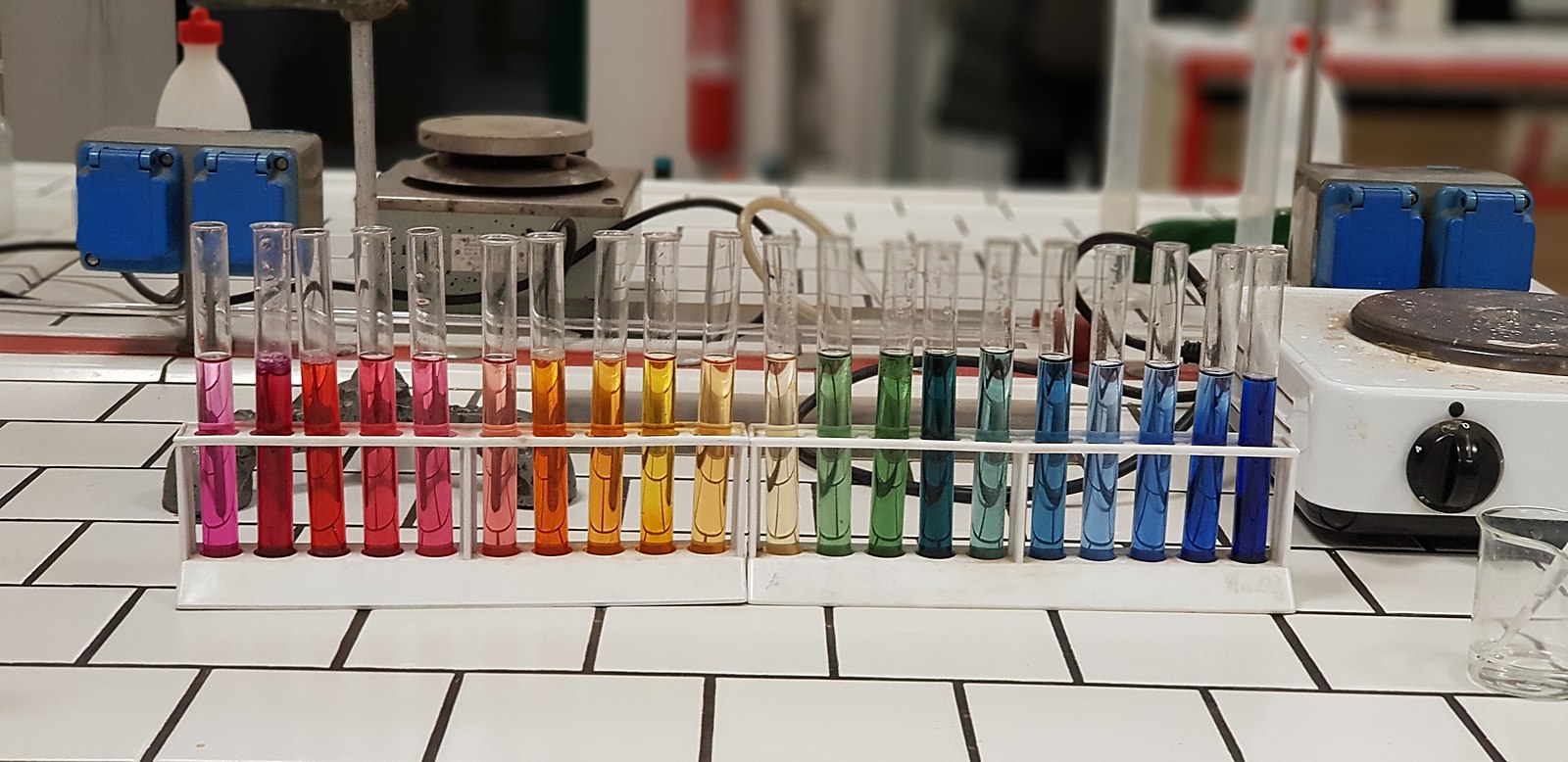The pH value of water stored in a copper vessel can range from slightly acidic to slightly alkaline, depending on various factors. This blog post will delve into the intricacies of the pH of water stored in copper vessels, providing insights into the ionization process, the impact of water quality and copper purity, and the potential health benefits and risks associated with this practice.
Understanding the Ionization Process
When water is stored in a copper vessel, the process of ionization occurs. Copper ions from the vessel leach into the water, interacting with the water molecules and altering the pH of the water. This interaction can make the water more alkaline, with a pH range typically between 6.5 and 8.5.
The degree of alkalinity depends on several factors, including:
- Initial pH of the Water: Water with a lower pH level will become more alkaline when stored in a copper vessel, while water with a higher pH level may not change significantly.
- Purity of the Copper: Copper vessels made of pure copper will have a more significant effect on the pH level of the water than those made of copper mixed with other metals.
- Duration of Storage: The longer the water is stored in the copper vessel, the more copper ions can leach into the water, potentially increasing the alkalinity.
Factors Affecting the pH of Water in Copper Vessels
- Water Quality: The quality of the water being stored in the copper vessel can impact the pH level. Water with a higher mineral content or the presence of contaminants may interact differently with the copper, resulting in a different pH range.
- Copper Purity: The purity of the copper used in the vessel is crucial. Cheaper copper vessels may contain other metals, which can affect the pH level and potentially introduce harmful substances into the water.
- Storage Duration: The length of time the water is stored in the copper vessel can influence the pH level. Prolonged storage may lead to a more significant increase in alkalinity.
Balancing the pH of Water in Copper Vessels
To balance the pH level of water stored in a copper vessel, you can:
- Add Lemon Juice or Apple Cider Vinegar: A few drops of lemon juice or apple cider vinegar can help lower the pH level, making the water more acidic.
- Add Baking Soda: A pinch of baking soda can be added to raise the pH level, making the water more alkaline.
It’s important to note that the pH level of water stored in a copper vessel should not be the sole determinant of its safety for consumption. Other factors, such as the presence of contaminants, chemicals, and substances, should also be considered.
Potential Health Benefits and Risks
The potential health benefits of drinking water stored in a copper vessel include:
- Improved Digestion: Copper is believed to have a positive effect on the digestive system, potentially aiding in the absorption of nutrients.
- Boosted Immune System: Copper is known to have antimicrobial properties, which may help strengthen the immune system.
- Reduced Inflammation: Copper is thought to have anti-inflammatory properties, which may help alleviate certain health conditions.
However, it’s important to be mindful of the potential risks associated with consuming water stored in a copper vessel:
- Copper Toxicity: Excessive exposure to copper can lead to copper toxicity, which can cause various health issues, such as nausea, vomiting, and liver or kidney damage.
- Chlorine Interaction: Long-term usage of copper for keeping water can cause chronic low-dose sneaky poisoning, especially if the water is treated with chlorine.
To mitigate these risks, it is recommended to:
- Buy from Reliable Sources: Ensure that the copper vessel is made of pure copper and sourced from a reputable manufacturer.
- Limit Storage Duration: Store water in the copper vessel for no more than 8-10 hours and clean the vessel regularly to prevent the buildup of copper ions.
- Test Water Quality: Periodically test the water stored in the copper vessel to ensure it is free from contaminants and within safe copper ion levels.
Conclusion
The pH of water stored in copper vessels can range from slightly acidic to slightly alkaline, with the degree of alkalinity influenced by various factors. While copper vessels are believed to have potential health benefits, it is crucial to consider the risks associated with copper toxicity and the interaction with chlorine-treated water.
By understanding the factors that affect the pH of water in copper vessels and taking appropriate precautions, you can enjoy the potential benefits of this ancient practice while prioritizing your health and safety.
References:
- Copper Vessels Make Water Alkaline – Naturally | Kaarigar Handicrafts Inc. https://kaarigarhandicrafts.com/blogs/kaarigar/copper-vessels-make-water-alkaline-naturally
- Storing Drinking-water in Copper pots Kills Contaminating Diarrhoeagenic Bacteria https://www.ncbi.nlm.nih.gov/pmc/articles/PMC3556949/
- Quality Assessment of Water Stored in Vessels Made of Different Materials https://journals.lww.com/joay/fulltext/2021/15040/quality_assessment_of_water_stored_in_vessels_made.9.aspx
- Store water in a copper vessel for good health. Top 5 benefits https://www.hindustantimes.com/health/store-water-in-a-copper-vessel-for-good-health-top-5-benefits/story-kAltEmcyr5BZutZ2wSLbpK.html
- How to Prepare Alkaline Water with Copper Water Bottle https://www.copperutensilonline.com/blog/how-to-prepare-alkaline-water-with-copper-water-bottle/

